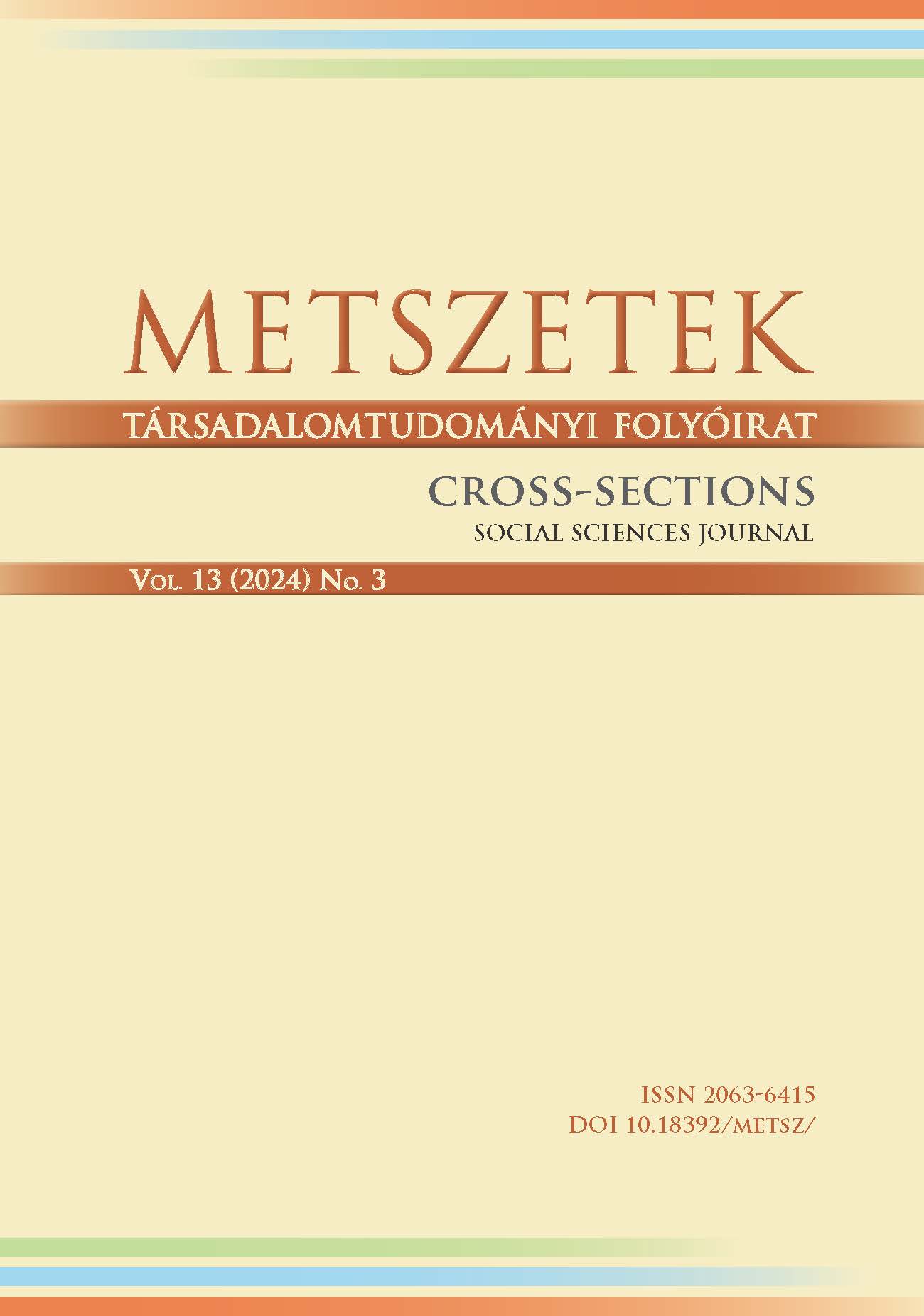Presence and plebiscitary representation: Representative performances of Viktor Orbán and Péter Magyar in the 2024 election campaign
Authors
View
Keywords
License
Copyright (c) 2024 CROSS-SECTIONS Social Science Journal

This work is licensed under a Creative Commons Attribution 4.0 International License.
A CC BY licence alkalmazása előtt megjelent cikkek esetében (2020 előtt) továbbra is a CC BY-NC-ND licence az érvényes.
How To Cite
Abstract
The study examines the interactions of meaning effects and presence effects in the mass events of Viktor Orbán and Péter Magyar in the 2024 election campaign, attempting to show that the performances of both leaders can be interpreted as forms of plebiscitary representation, although there are also substantial differences between them (for example, in the degree of asymmetry of the representative relationship and the palette of leader-follower interactions). The text argues that such an analysis, blending traditional aspects of representational claims analysis with ethnographic method, can help to shed light on a blind spot in contemporary performative approaches to representation: the corporeal-material aspects of performativity. Plebiscitary representation, in which a unified mass acclaiming a leader plays a key role, is a particularly suitable context for demonstrating the importance of presence-effects in the constitutive process of representation.

 https://doi.org/10.18392/metsz/2024/3/3
https://doi.org/10.18392/metsz/2024/3/3





